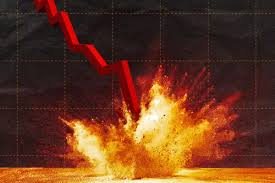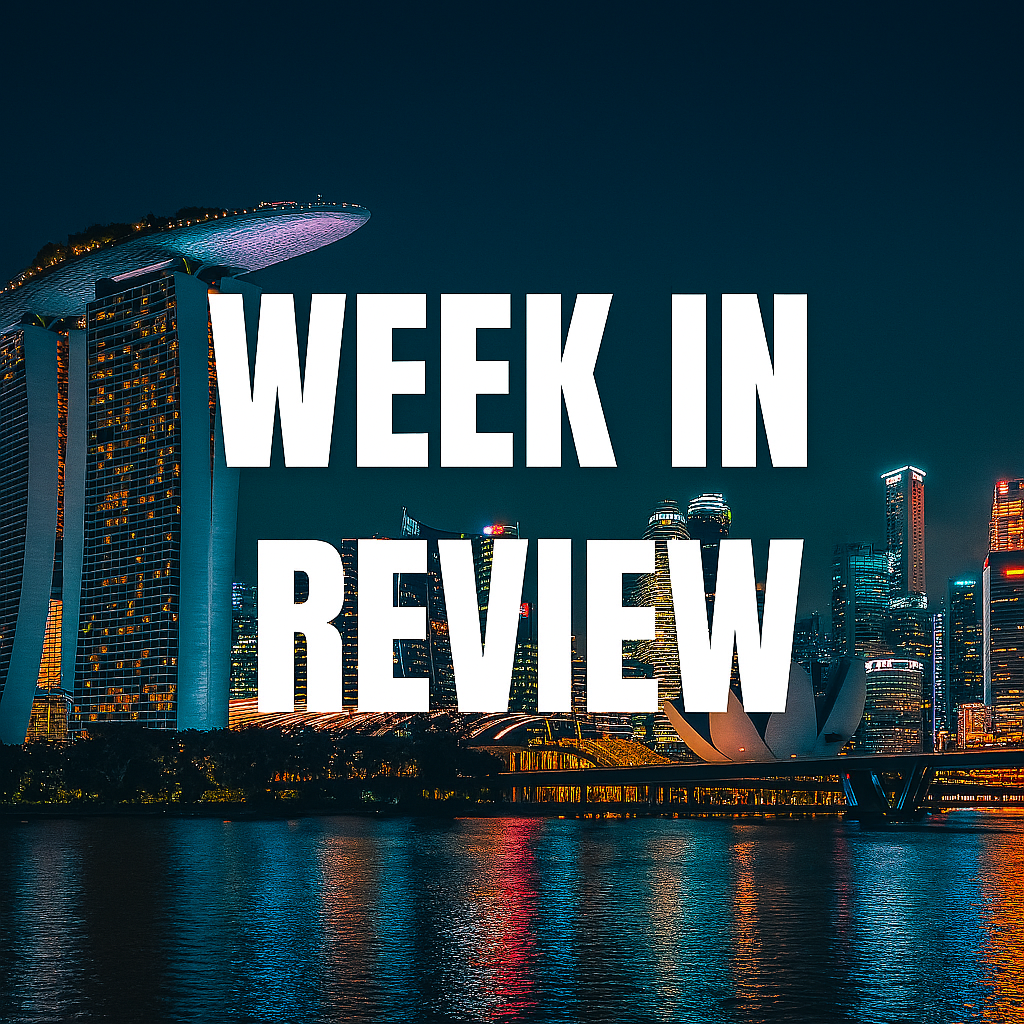Luke Allen – Military Political Analyst – Makati, Manila – lukeallenmanila@journlist.com
The United States economy, at the epicenter of a financial maelstrom, saw the Dow Jones Industrial Average plummet a staggering 1100 points, a significant 2.8% drop that sent shockwaves through global markets. The futures markets mirrored this steep decline with a 1200-point drop, underlining the interconnectedness of international financial markets and the situation’s urgency for investors.
The repercussions of this economic turmoil were felt far and wide. Japan’s Nikkei stock index suffered an unprecedented 12.4% decline, marking its worst single-day performance since the infamous Black Monday crash of 1987. This unprecedented decline underscored the gravity of the situation and sent shockwaves of concern throughout the global financial community.
Adding to the mounting apprehensions, financial heavyweights Goldman Sachs and JP Morgan issued grim forecasts for the U.S. economy, painting a bleak picture of the road ahead. Goldman Sachs projected a 25% chance of a recession gripping the nation next year. At the same time, JP Morgan’s assessment was even more dire, indicating a 50/50 likelihood of a significant economic downturn looming. These stark predictions heighten anxiety and uncertainty among investors and policymakers alike.
Cryptocurrencies, often viewed as a barometer of market sentiment, also bore the brunt of the economic tumult, with Bitcoin witnessing a sharp decline from $61,000 to $54,000. This sudden drop in value highlighted the extreme volatility and fragility of the digital asset market, further exacerbating concerns about the stability of financial markets in the face of growing economic headwinds.
Meanwhile, traditional safe-haven assets like gold experienced a modest dip of 1% as investors sought refuge in more stable forms of investment amidst market volatility and uncertainty.
As the economic indicators point to a troubling trajectory for the U.S. economy, questions have emerged regarding the veracity of the White House’s claims of economic robustness and resilience. Despite the administration’s optimistic assertions, the recent market upheaval and grim forecasts from financial institutions have cast a shadow of doubt over the state of the economy, prompting a reassessment of prevailing narratives and assumptions.
In the wake of this prolonged market turmoil, investors, policymakers, and analysts grapple with the uncertainties and challenges posed by a potential economic slowdown. As global markets navigate treacherous waters, economies’ resilience and adaptability will be tested in the face of mounting pressures and unforeseen obstacles.




